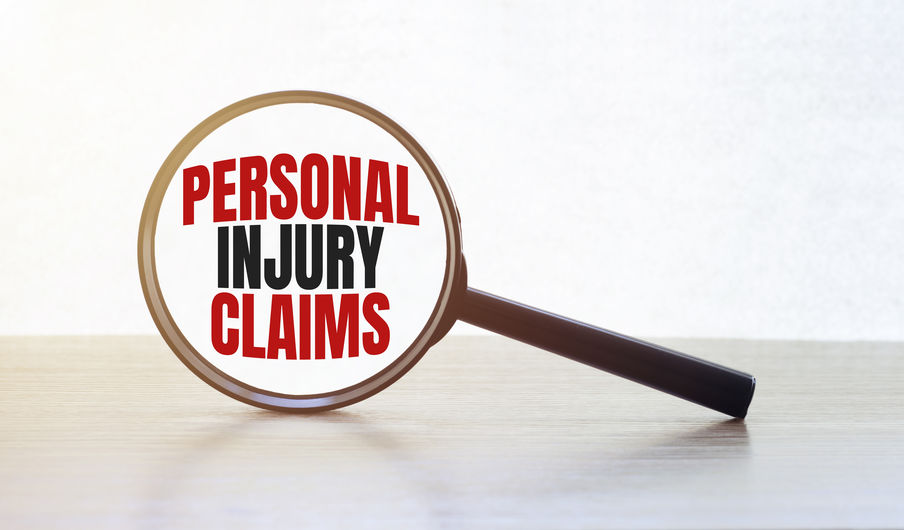

Ladder Safety Month Shines Spotlight on Ladder Injuries
(more…)


How to Avoid Christmas Accidents


NSC Estimates 2023 Thanksgiving Holiday Traffic Fatalities


What is Maximum Medical Improvement? How Does it Affect Personal Injury Cases?
Over the course of your treatment, your doctors will use what’s called maximum medical improvement (MMI) to let you know what your recovery will look like in the long-term. This information can then be used by your personal injury lawyer to help calculate damages in your personal injury claim. Put another way, without knowing your MMI, it can be difficult to calculate a fair settlement amount in your accident case.


How Long Does It Take to Settle a Personal Injury Claim?
The time it takes to settle a personal injury claim can vary widely and depends on several factors. These factors include the complexity of the case, the extent of the injuries, the willingness of the parties to negotiate, and the legal processes in the jurisdiction where the claim is filed.
(more…)



What is a Personal Injury Lawyer?
A personal injury lawyer is a lawyer who provides legal services to a person who claims that they were injured – either physically, psychologically, or financially – because of the negligence of another person, company, government agency, or other organization. Personal injury lawyers primarily practice in the area of law known as tort law. A local personal injury lawyer is best equipped to handle cases because they are familiar with the local laws, court system, expert witnesses, and judges. If your accident occurred in Bellingham, you will want a Bellingham personal injury lawyer on your side!



Do Personal Injury Cases Settle After Deposition?
A personal injury claim has several steps, starting with a consultation and investigation. The personal injury attorney investigates the case, gathers evidence, talks to witnesses, and assesses the extent of damages. The next step is “filing the complaint” against the responsible party. Once a response is received, the discovery phase begins. During this phase, both parties exchange information and evidence relevant to the case. This can involve interrogatories, document requests, and depositions.


How to Handle a Personal Injury Case from Start to Finish
(more…)


What Is Loss of Enjoyment of Life in Personal Injury Lawsuits?
If you have suffered a loss of enjoyment of life because of an injury caused by the negligence of another, you have the right to seek compensation for your losses. Speak to a local personal injury lawyer to discuss your legal rights.
(more…)


What is a Personal Injury Settlement Conference?
- Recover damages faster
- Less stress
- Cheaper than a trial
- Gives both parties control over the outcome
- Settlement negotiations cannot be used against either party if the case proceeds to trial
Your personal injury lawyer will handle the personal injury settlement conference on your behalf in order to fight for the maximum settlement possible.
